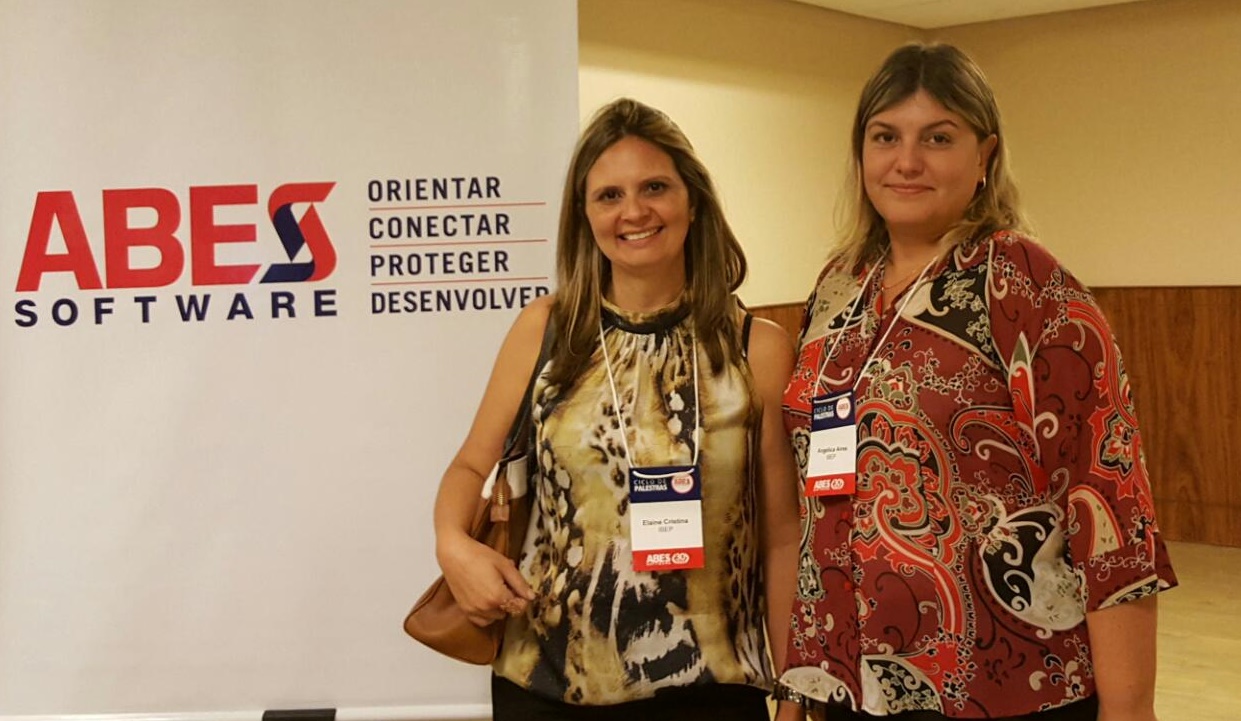
Professor José Carlos Luxo presented a lecture to ABES members
“It is important that every entrepreneur has a radar to know how to capture what is happening in the macroeconomic scenario and the alternatives that can avoid or, at least, mitigate its effects”, said Luxo. He pointed out that among the main mistakes made by administrators in financial management is the lack of resources to settle commitments.
To avoid this situation, the professor explained the importance of analyzing the company's balance sheet to maintain the net working capital necessary for the business. “A crisis can affect my main client and he doesn't pay me. That is why it is important to maintain a 'liquidity cushion' through net working capital”.
He pointed out that by knowing the business well enough to provide accurate information on current assets, current liabilities, net income and net income, it will be easier for entrepreneurs to obtain funds from banks and with even lower interest rates. “Gross operating revenue cannot be confused with net profit. Entrepreneurs need to know what their obligations and rights are, which impact cash flow, over a horizon of at least one year”, he pondered.
For the coming years, Luxury has good prospects for the Brazilian economy. “I believe we are coming out of the recession. Unemployment could reach 13% in the first quarter of 2017, but then I trust it will fall and GDP growth should be 1% next year”, he concluded. Check the presentation.

Carlos Alberto Sacco and José Carlos Luxo

Elaine and Angélica, from IBEP, checked the consultant's tips












